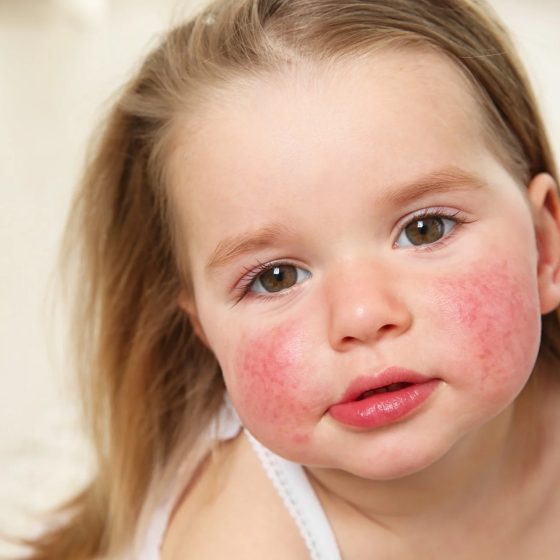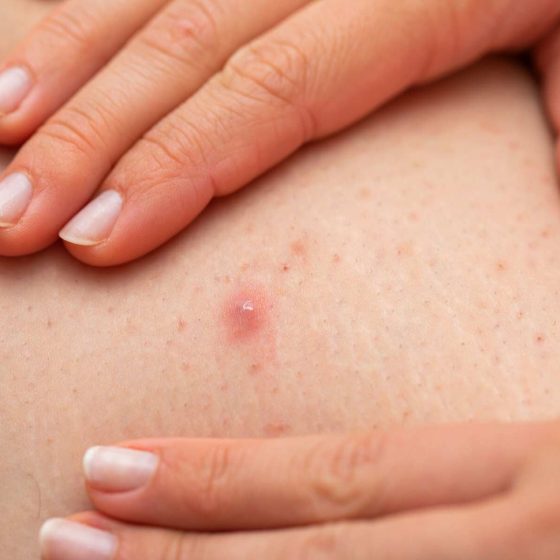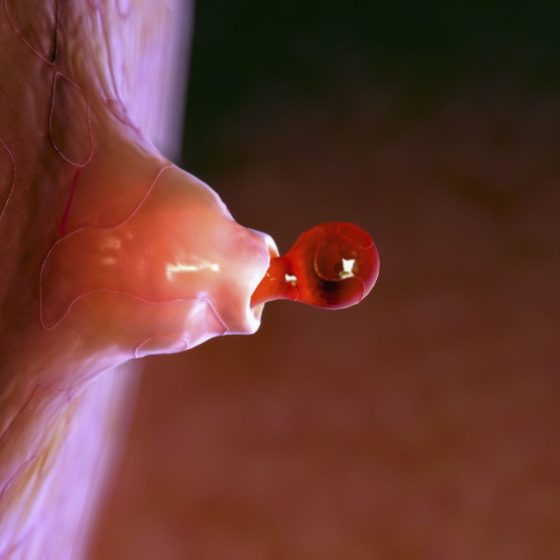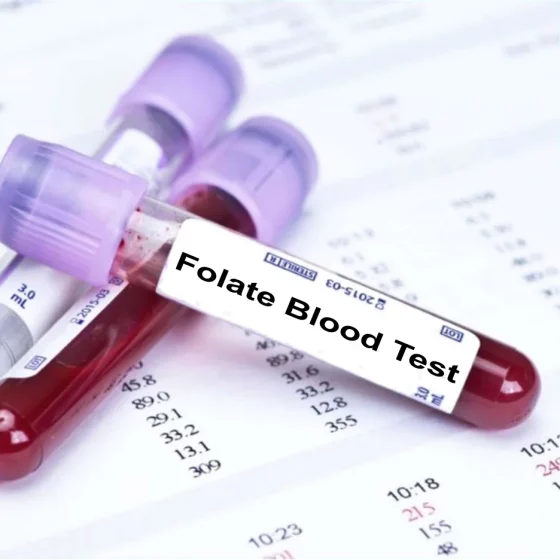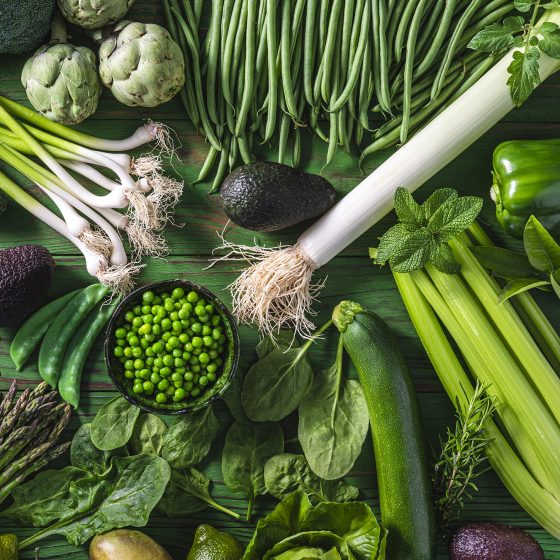Foods high in iodine
What is iodine? Iodine is an element that is essential for normal growth and for brain development. The body needs iodine to make thyroid hormones in the thyroid gland. Thyroid hormones influence metabolism. They are essential for the development and function of the brain, nerves and bones. A healthy diet needs enough iodine to function well, but too much may cause health problems. Many Australians have enough iodine in their diet, but some don’t. Do not take more than the recommended dose of supplements. If you have a thyroid condition, speak to your doctor before taking iodine supplements. Where does iodine come from? Iodine is found naturally

